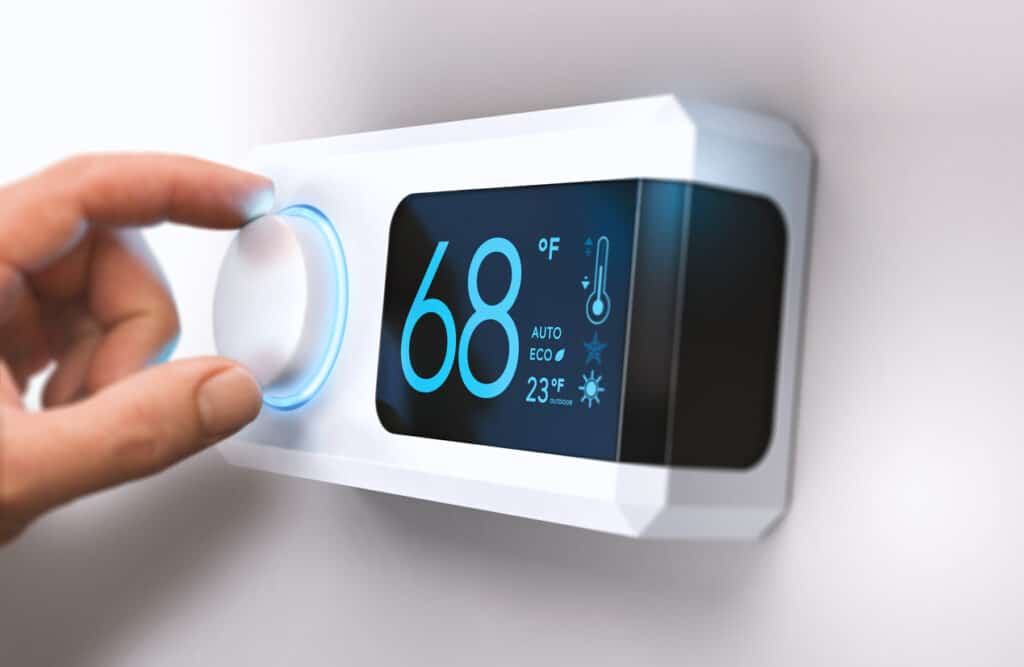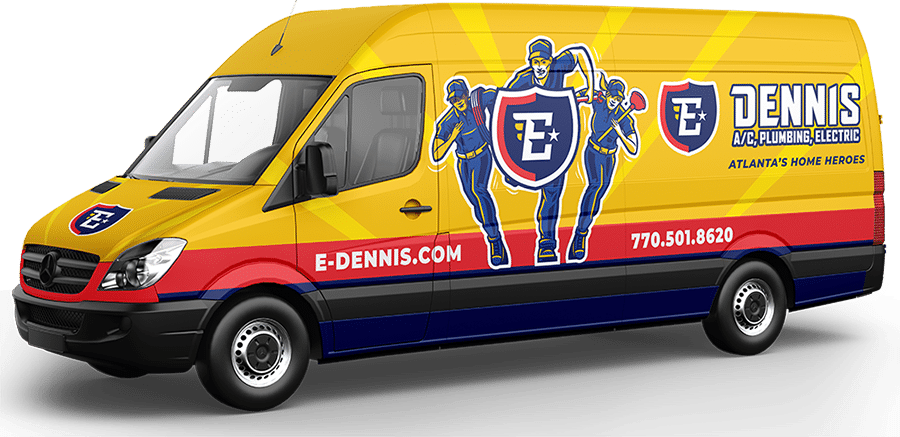Smart thermostats that connect to the internet and allow you to adjust indoor temperature from your smartphone are part of the long time line of cooling technology, which began more than 3,000 years ago in ancient Egypt. The first cooling system was largely architectural. It was called malqaf, which translates as “wind catcher,” and it consisted of chimney-like structures built to redirect and control the flow of prevailing winds. Wind catchers were perfected by Persian Empire builders who began to incorporate techniques such as evaporative cooling to store ice blocks.
The Ancient Ice Houses of the Persian Empire
The yakhchāls that Persian architects began designing circa 400 BCE prove that they understood heat transfer long before the second law of thermodynamics was formulated. These underground structures connect with the surface through wind catchers, but they are also ice houses with insulated walls and strategically placed shade to store ice blocks.
In Yazd, one of many UNESCO World Heritage sites in Iran, a few ancient yakhchāls are still operational. In the past, the blocks of ice were collected from the nearby Zagros Mountains. By 100 BCE, ice from the yakhchāls was distributed to homes with ice pits and underground spaces, which increased the cooling efficiency of wind catchers.
The Invention of Artificial Cooling
The harvesting of ice blocks for indoor cooling was a common practice worldwide until the early 20th century. They were a luxury for wealthy households that had elaborate iceboxes. Some homes had rudimentary ventilation systems that generated airflow through pipes and ducts coated in ice and salt.
Before air conditioning became an industry standard, in 1902, American engineer Willis Carrier patented the first system that generated artificial cooling. The invention was designed to control humidity in a printing plant, but its potential for cooling air quickly became apparent. These days, the Carrier brand of HVAC systems is still one of the most trusted.
The Smart Thermostat Era Begins
In the mid-20th century, many advancements in refrigeration and compressor technology made HVAC solutions more accessible. The next major transformation occurred with the advent of the digital age. Smart thermostats have changed the way we control indoor temperature and air quality. These devices offer precise temperature control, energy efficiency and remote access, allowing you to optimize indoor cooling while reducing energy consumption.
The advanced HVAC systems being installed today connect to the Internet of Things (IoT) through Wi-Fi networks and wireless broadband connectivity. Smart thermostats are now guided by artificial intelligence and machine learning algorithms that optimize performance based on real-time data, weather conditions and personal preferences.
Solar panels and other renewable energy techniques are also being incorporated into cooling systems to make them more energy efficient. Home builders are paying more attention to passive cooling techniques such as advanced insulation, shading and natural air circulation to maximize the utility of modern HVAC systems.
For answers to all your questions about AC repair and maintenance services, contact our team at E Dennis in Newnan, GA.




